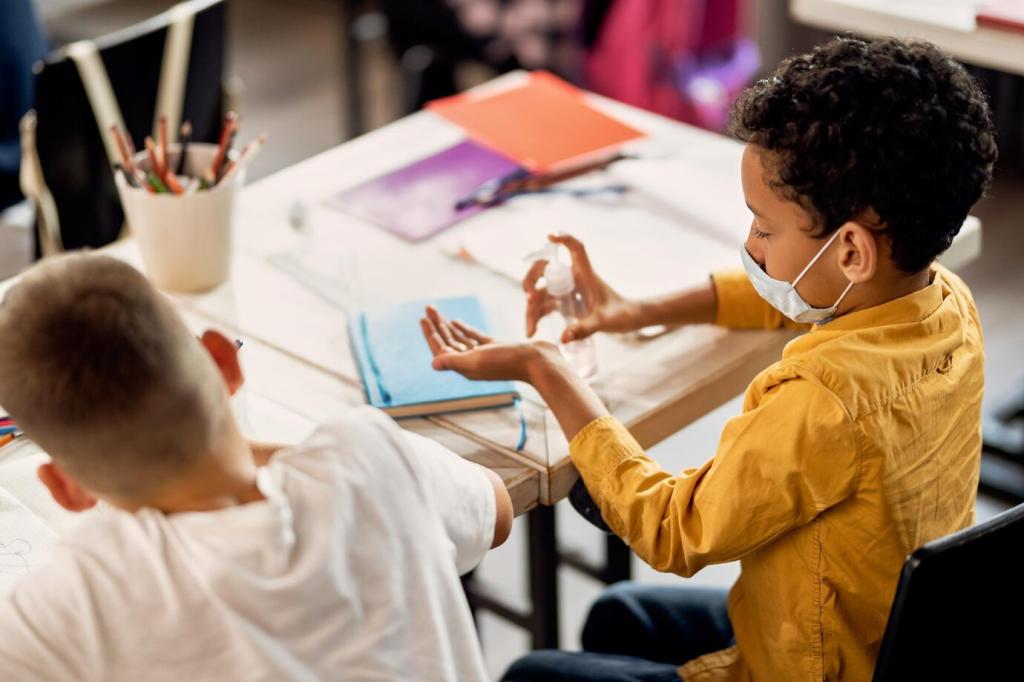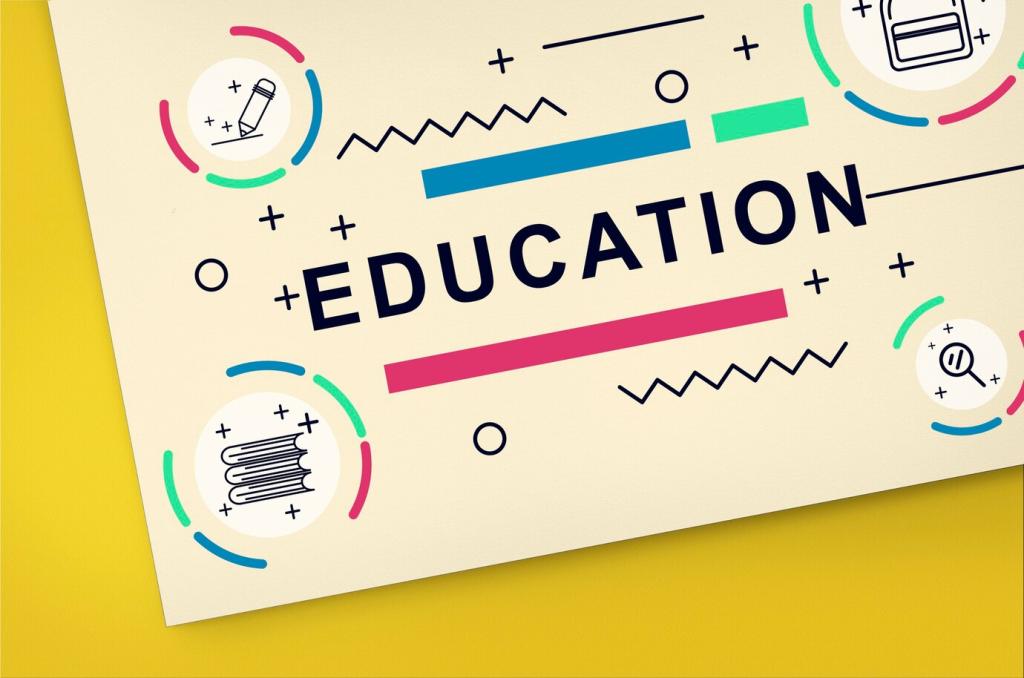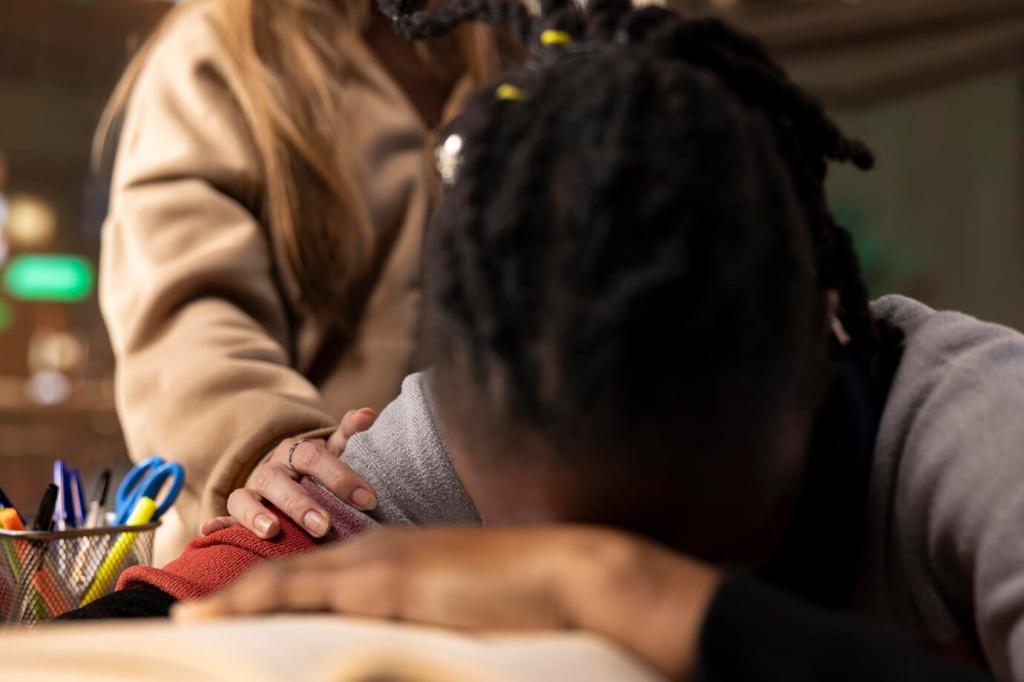Home, Family, and Community Partnerships
Send home a family-friendly entry with conversation prompts and a simple experiment or map activity. Invite caregivers to post insights or photos. Encourage subscribers to join a monthly challenge featuring new topics and easy, low-prep learning adventures.
Home, Family, and Community Partnerships
Pair entries with local experts who can add stories, demonstrations, or artifacts. Students prepare questions using subheadings as guides. Record highlights and link them to the entry’s sections. Ask readers to suggest experts and help expand the learning network.









